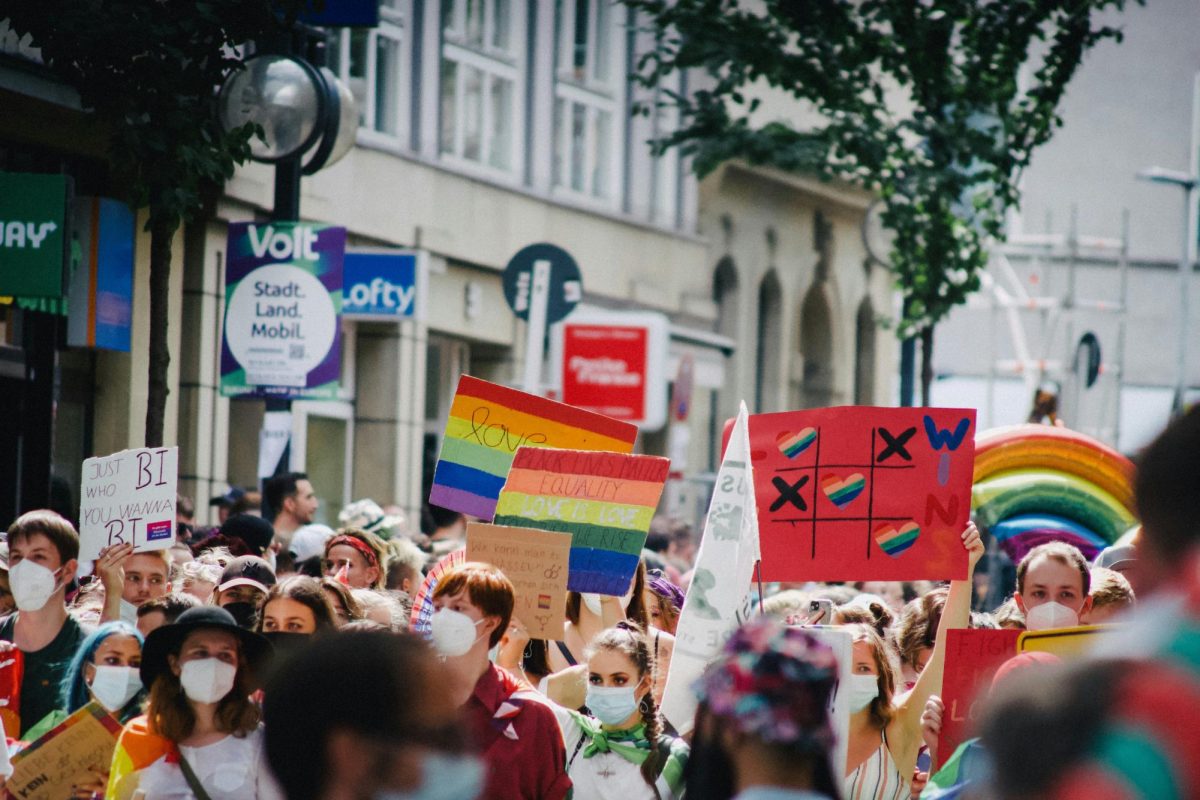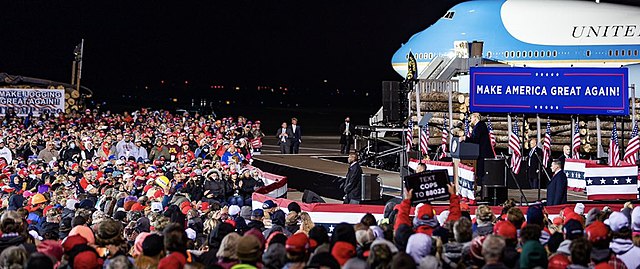Earlier this year, it was announced that PepsiCo planned to sue four independent Indian farmers for growing a patented strain of potatoes used in the production of a particular version of Lay’s chips. The company, which is worth approximately $177 billion, solicited about $150,000 from each farmer, according to Business Insider. PepsiCo claimed these farmers evaded the law by growing and selling the FL-2027 potato, which PepsiCo has had exclusive rights to in India since 2016. According to CBS News, the company initially did offer to end the lawsuit, but only if the affected farmers entered its “authorized cultivation program.” It forced these farmers into an impossible decision: lose your autonomy by joining or pay an exorbitant amount of money.
Later, PepsiCo did offer to settle, but this decision only came about after both farmers’ unions and activists joined together to protest the lawsuit. They argued that PepsiCo abused its status as a giant corporation to intimidate farmers, thus also obstructing the nation’s food supply, according to The Guardian.
This speaks to a larger issue of capitalism’s effects around the globe, especially in regards to the relationship between big corporations and regular people, many of whom are already living in economic scarcity; prioritizing profit, PepsiCo completely disregarded the livelihoods of the farmers. PepsiCo’s decision to settle only came after the extreme backlash it faced from activists and farmers’ groups, which could damage the company’s image and ultimately affect profit. Corporations like PepsiCo ignore that their decision to take legal actions against these farmers have tangible implications and because company owners do not face the effects of their actions, they are able to conveniently adopt an “out of sight, out of mind” mentality.
This trend is not uncommon. The Monsanto Company, an American agrochemical and agricultural biotechnology corporation, was also under scrutiny in the late 2000s for its treatment of American farmers. According to CBS, the corporation sent investigators to the home of two farmers, accusing them of cultivating genetically modified soybeans on their property. Similarly to the PepsiCo incident, Monsanto patented the genetically modified soybean and heavily regulated its cultivation.
In my opinion, the company deliberately ignored the fact that pollination and wind makes it impossible for farmers to regulate what seeds enter and exit their property. Monsanto not only examines the crops of regular farmers — sometimes even trespassing on their land — but often sues them if they find their patented crop, according to a representative from the Center For Food Safety.
Monsanto has essentially monopolized the seed industry in both the US and global markets. Specifically, 53 percent of the world’s commercial seed market is managed by three corporations: Monsanto, DuPont and Syngenta, according to the Guardian.
In the cases of both PepsiCo and Monsanto, big corporations are not only closely looking for errors by independent farmers — but also slapping massive lawsuits onto these small businesses, regardless of what is frequently beyond farmers’ control.
These companies’ boards need to self-reflect and ask themselves a series of important questions: how will the money won in these lawsuits affect a multibillion dollar entity? How will losing this amount of money impact independent farmers, many of whom already face socio-economic hardship? What is the relationship we, as multi-billion dollar entities want to cultivate with local farmers — one of coexistence or one of exploitation?
These situations are capitalism at its worst — self-interest and monetary gain have driven both PepsiCo and Monsanto to step on the little guy, independent farmers, with little to no guilt or regard for their position in the economic power structure.
The actions of large corporations are going unchecked and we need to reevaluate the power dynamics embedded in economic structures. Independent farmers shouldn’t have to seek out journalists and activists to broadcast the injustices they are facing, due to events that are completely out of their control.
At the end of the day, the sums of money that these companies are asking for will not have a real impact on their profits. However, the economic burdens placed on independent farmers are insurmountable. So, the question must be raised: are they committing these egregious actions out of principle — as they do have patents over the contested products — or to assert their dominance in their respective industries?



